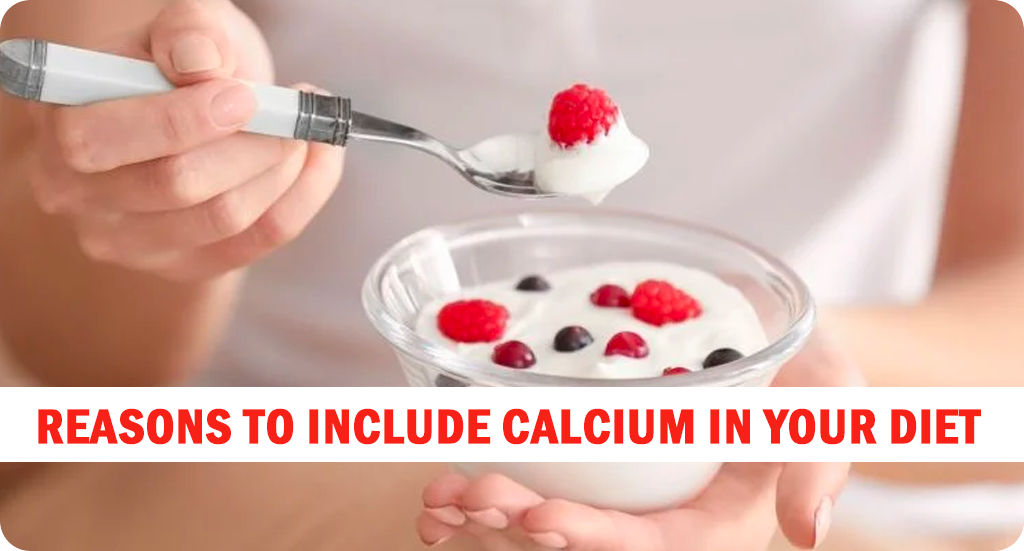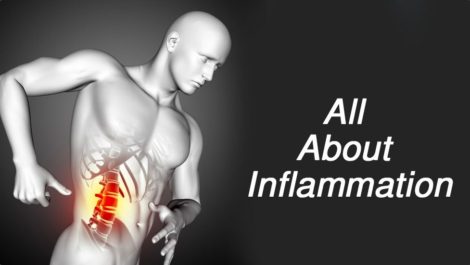REASONS TO INCLUDE CALCIUM IN YOUR DIET
• Our body is unable to produce calcium so we need to include dietary sources of calcium like dairy products (milk, yoghurt), dark green leafy vegetables (spinach, broccoli) and calcium-fortified foods.
• If your diet is low in vitamin D levels, even if you eat a calcium-rich diet your body will not be able to absorb it so it’s very important to keep adequate levels of vitamin D.
• Calcium helps to ease premenstrual syndrome symptoms. Women with low serum, calcium and magnesium levels suffer from extreme PMS.
• According to the national institute of health (NIH) women who are over 50 years of age and are pregnant or breastfeeding need 1200 mg of calcium Daily and normal adults need 1000mg of calcium per day.
• Calcium helps to release hormones, circulate blood and move muscles. It helps to carry messages from our brain to other parts of our body. It is required for strong and dense bones. Our bones are the calcium reservoir of the body and if an insufficient amount of calcium is consumed then our body utilises this reservoir. Our teeth and bone health is dependent on calcium.
• Inadequate and low amounts of calcium can result in health issues like porous bones that are easily prone to factors or osteoporosis. Children also need calcium for their full potential proper growth and development.
• If a person is vegan, lactose intolerant or not a big fan of dairy products then reaching the required daily amounts would be difficult so calcium supplementation can be added. Calcium carbonate and calcium citrate are the two most common forms of supplementation.
• The negative effect of too much calcium: gas, bloating or constipation, are some of the symptoms of consuming too much calcium. Kidney stones and hypercalcemia are also some of the rare conditions caused by increased calcium intake.
Calcium intake should be monitored and adequate amounts of calcium should be consumed as per your age and requirement as a cyclist.













Comments
No comment yet.